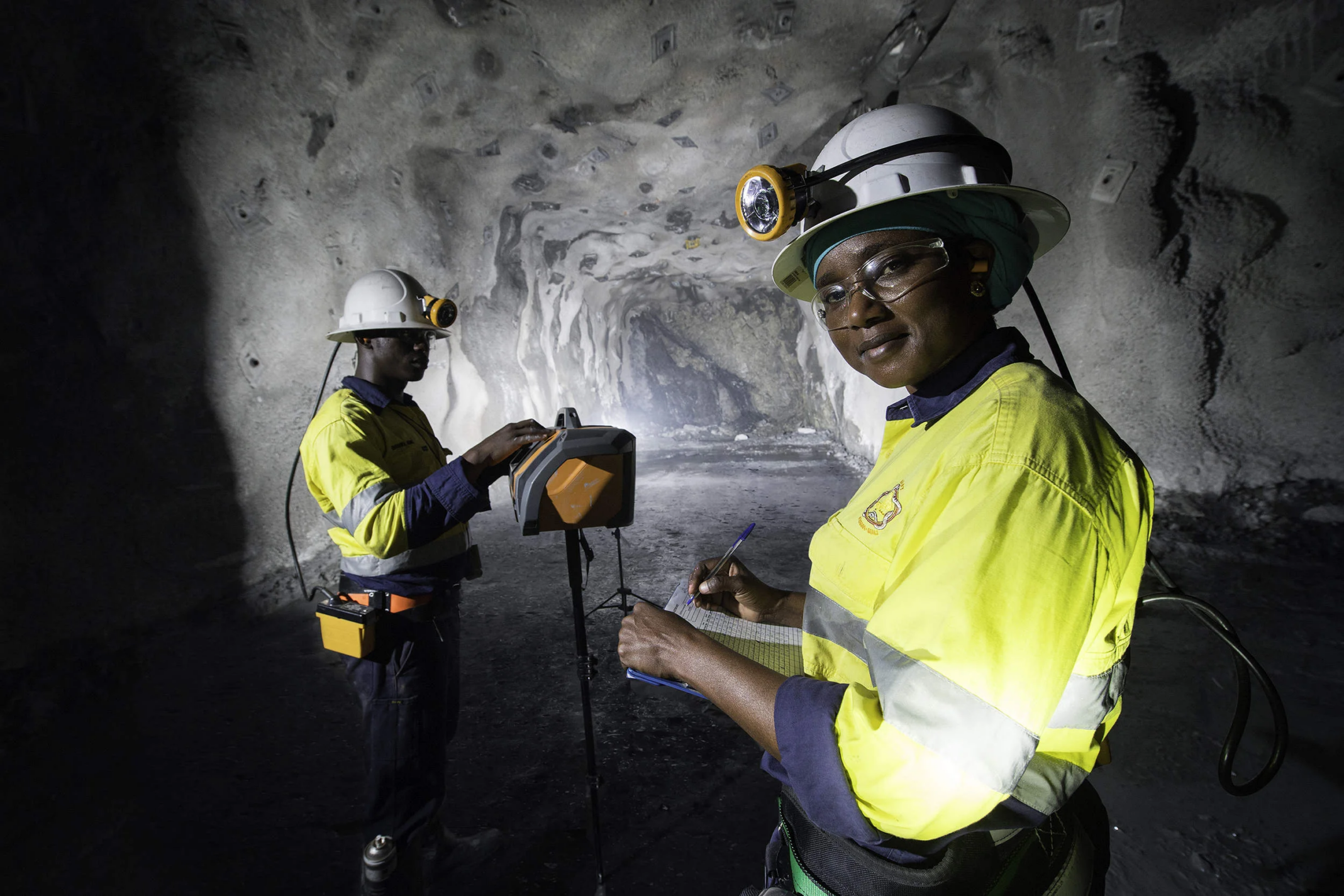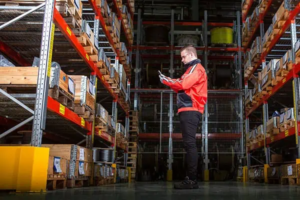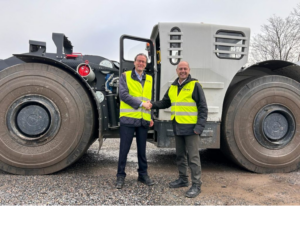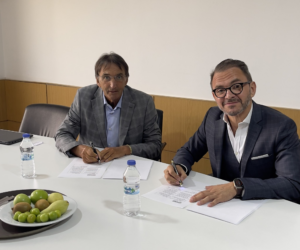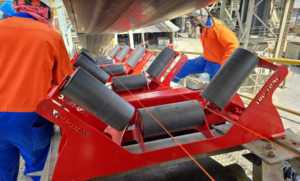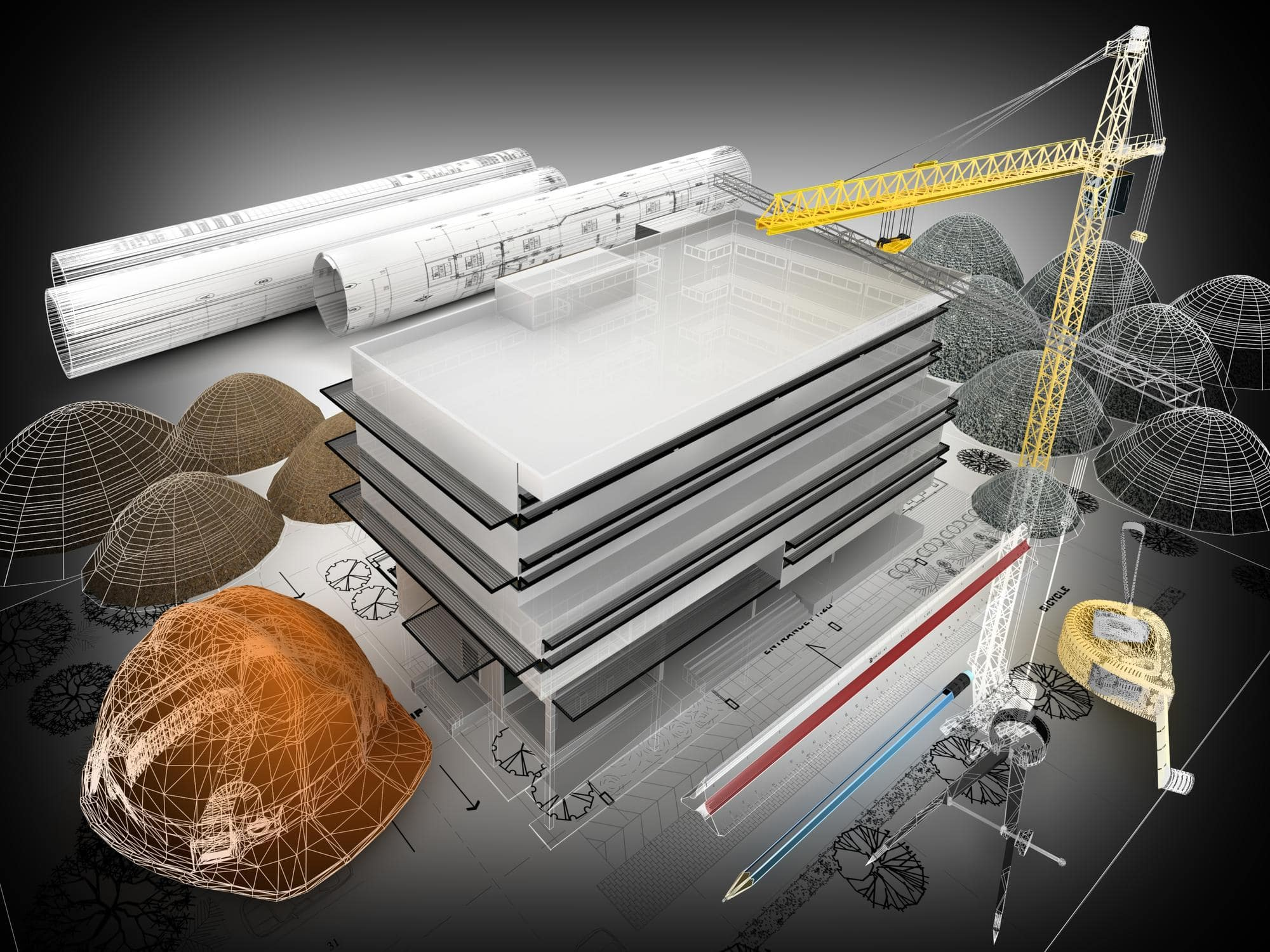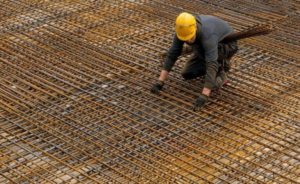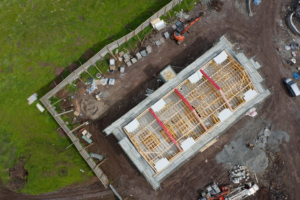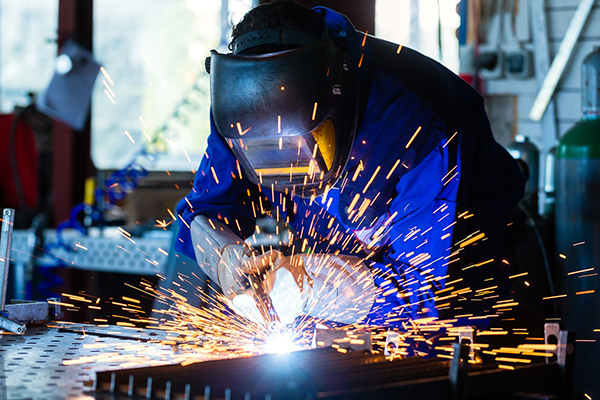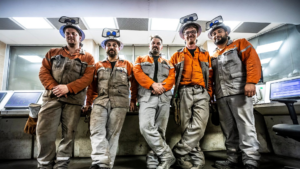Steel industry policies need an urgent radical rethink. OPINION | THE news that ArcelorMittal South Africa (AMSA) is to mothball both its Newcastle and Vereeniging plants should be the death knell of government’s efforts to protect the local steel industry via tariffs, says Ludovico Sanges, MD of Duferco Steel Processing. News reports indicate that the closures will cost around 3,500 direct jobs.
Given the multiplier effect of the steel industry, which adds $2.50 of value in its downstream industries for each $1 of value created by the core industry, the total number of job losses will be orders of magnitude higher.
The closure of Saldanha Steelworks in 2020, ArcelorMittal’s most modern facility, led to the loss of plus 1,500 jobs in the Saldanha municipal area. Overall, the metals and engineering industry lost approximately 49,000 jobs between 2007 and 2019, according to the Steel & Engineering Industries Federation of Southern Africa (Seifsa).
“We have been ringing alarm bells to no effect since 2020 at least but now, surely, the Department of Trade, Industry and Competition (DTIC) must take notice,” Sanges says. “The flat steel tariff protection they put in place was designed specifically to protect only the interest of the primary steel industry, but clearly that’s not working. In the process, the poorly conceived tariff regime has also decimated the rest of the local industry, which continues to struggle.”
The latest AMSA closures are the result of challenges in the long-steel sector, which produces wire, reinforcing rods, railway rails and bars. Some of these challenges are endemic to South African business, including electricity constraints and high transport costs and raw materials. But, says Sanges, a self-inflicted wound is the government’s clumsy attempts to regulate the scrap metal industry with a high tariff on exports, and an artificially low price for scrap on the local market. This, says Sanges, has given mini-mills, which use scrap metal, a competitive advantage over primary steel that manufactures long steel products from iron ore — a much more expensive process producing a premium-quality product.
This presumably unintended consequence mirrors the impact of a 10% tariff on imported hot-rolled coil (HRC), the raw material for the manufacture of coated flat steel, the sector in which Duferco operates. In this case, the HRC tariff favours AMSA, which makes its own HRC locally and then rerolls it into coated flat steel, thus competing with local rerollers like Duferco and Safal. Steel industry policies
Using the imported HRC makes the latter uncompetitive in the local market, and as a result, Duferco has quit the local flat-steel market altogether, and only exports. It can do so because imported HRC that is locally beneficiated for export does not attract the 10% import tariff. Steel industry policies
Sanges says that to be sustainable, Duferco needs to be able to compete again in the local market. “Our local customers want us back for our quality and service and the fact that we are willing and able to supply products not available from AMSA,” Sanges says.
“In any event, the tariff on imported coated flat steel has not even worked for AMSA: import figures show that the market has simply imported more flat-steel product, further jeopardising our local downstream industry and putting thousands more jobs at long-term risk,” Sanges says.
“Government’s plan is disjointed and has led to substantial damage to the local market— even AMSA. Our industry is begging for them to hear us and rethink this plan. We really don’t have much time left, and the country cannot afford these job losses.”


